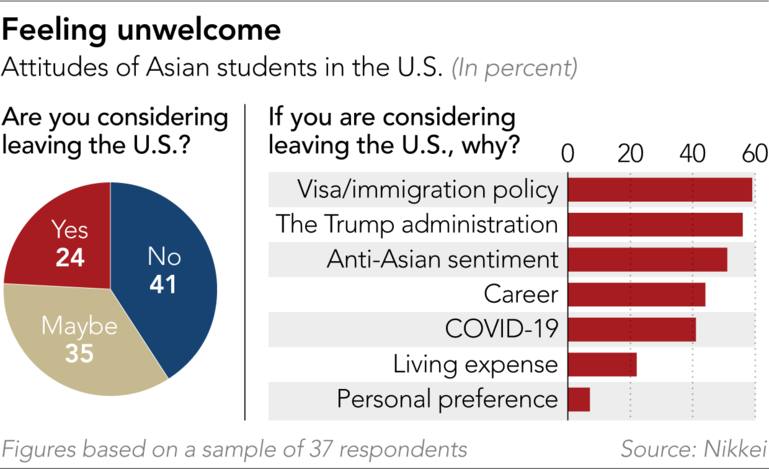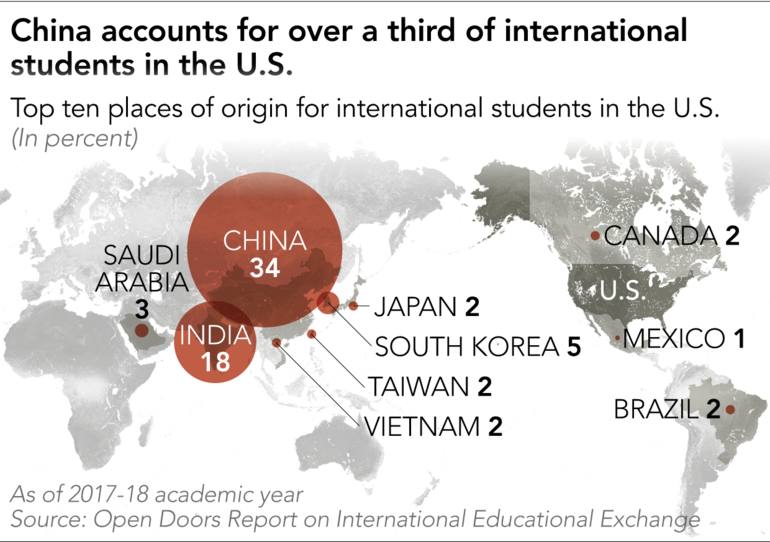The Nikkei Asia has reported that the impact of the exodus from Hong Kong is already being felt in the education and health care sectors with the total number of emigrants expected to peak around the end of this year or in 2022 and may total some 100,000 (according to one estimate).
The Nikkei Asia then went on to note that the signs of change are emerging as a dreaded drain of highly skilled workers is becoming a reality:
- Hong Kong’s Hospital Authority, which administers public hospitals, revealed that 4.6% of its doctors and 6.5% of its nurses had resigned in the year to the end of June. It said one of the reasons for the resignations was relocation.
- A local media outlet has reported that a veteran doctor who specialized in sophisticated heart surgery at a children’s hospital has decided to move out of Hong Kong, sparking concerns that patient care might be affected.
- According to a survey by Comptify Analytics, a private human resources consultancy, 41% of Hong Kong’s key companies said the percentage of employees resigning increased in the first half of this year compared to the period a year earlier.
- In a report on financial services workers issued earlier this month, Hong Kong’s Financial Services Development Council said there were moves by families to relocate seeking better health care and education for their children.
The article ended by noting how Hong Kong’s development was supported by people fleeing confusion on the mainland. As a rapidly changing city where people come and go constantly, Hong Kong was sometimes described as a “borrowed place.” However, the people currently moving out are those who grew up in Hong Kong and consider it their hometown.


